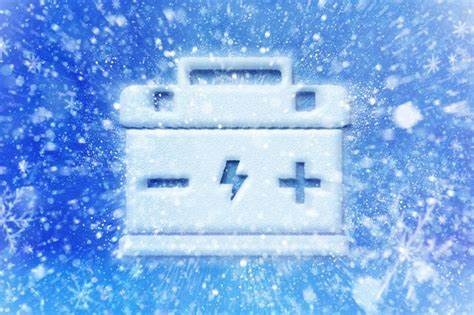Lithium batteries generally perform better in colder temperatures compared to lead-acid batteries. However, extreme cold can still affect their performance and capacity.
- Temperature Sensitivity: While lithium batteries are less affected by cold temperatures compared to lead-acid batteries, they can still experience reduced performance in extremely low temperatures. Cold temperatures can slow down chemical reactions within the battery, leading to decreased capacity and voltage.
- Capacity Retention: Lithium batteries typically retain more of their capacity in cold weather compared to lead-acid batteries. This means they can still provide adequate power output in winter conditions, although there may be some reduction in overall performance.
- Charging Efficiency: Charging lithium batteries in cold temperatures can be less efficient, as the battery’s internal resistance increases in colder conditions. This may result in slower charging times and reduced energy efficiency.
- Preheating: Some lithium battery systems incorporate heating elements to preheat the battery before use in cold weather. Preheating can help improve battery performance and efficiency by bringing the battery to its optimal operating temperature range.
- Cold Cranking Amps (CCA): In automotive applications, lithium batteries may have higher cold cranking amp ratings compared to lead-acid batteries, making them more suitable for starting vehicles in cold weather.
- Cycle Life: Lithium batteries generally have a longer cycle life compared to lead-acid batteries, which means they can withstand more charge-discharge cycles without significant degradation. This characteristic remains true even in colder temperatures.
- Insulation: Insulating lithium batteries or using thermal management systems can help maintain optimal operating temperatures and improve overall performance in winter conditions.
Overall, while lithium batteries perform relatively well in winter compared to lead-acid batteries, it’s still important to consider temperature effects and implement appropriate measures to optimize performance in cold weather. Proper insulation, preheating systems, and monitoring of battery temperature can help maximize the performance and longevity of lithium batteries in winter conditions.


